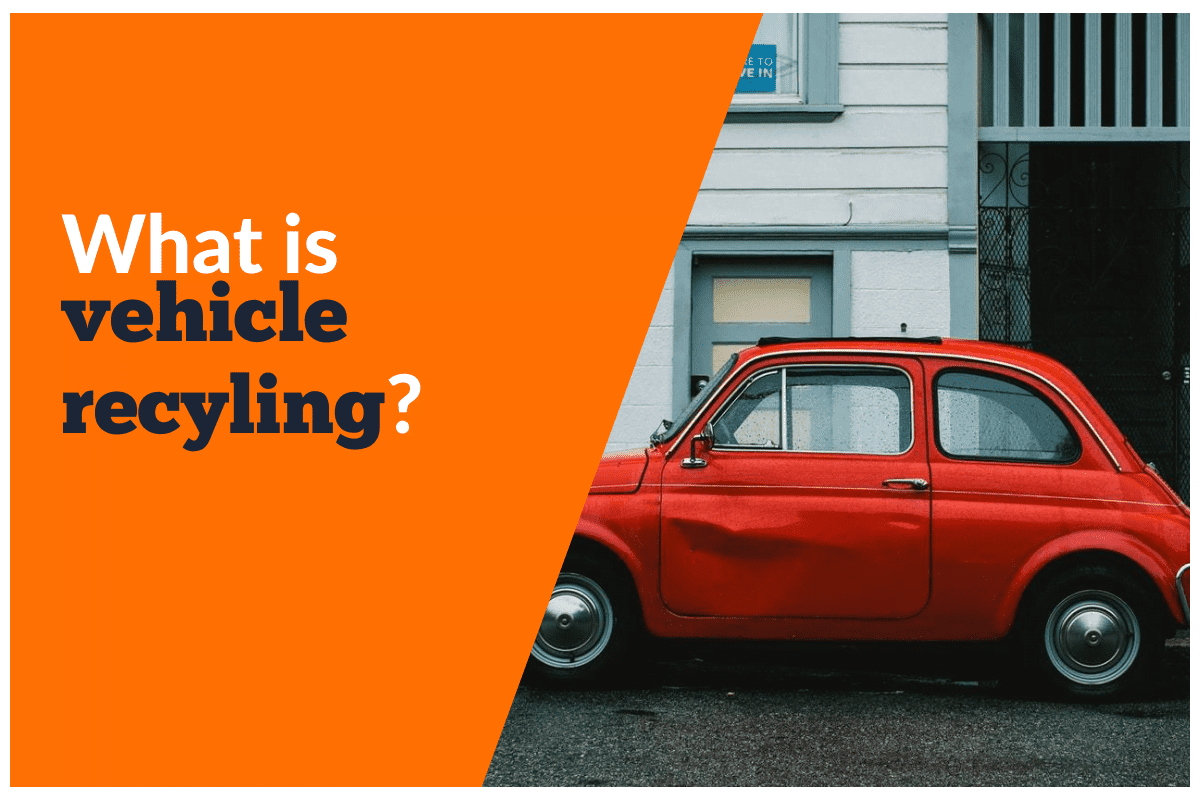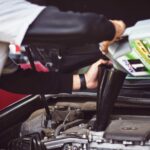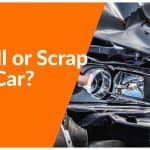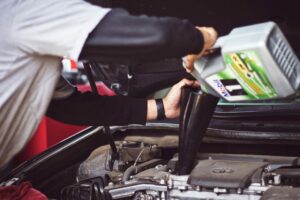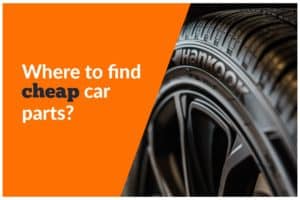Are you wondering what vehicle recycling is? Do you want to know about how it works, and why it is so beneficial? Then you’ve come to the right place. In this article, I will look into vehicle recycling in depth. So, I did not have much happening this Saturday afternoon thought I should put this blog together for our readers.
Again, disclaimer, this is what I understand from being in the industry for over a decade. Don’t quote me on these.
What is vehicle recycling?
Vehicle recycling is the process of dismantling vehicles for collecting their spare parts. Recyclers usually recycle a vehicle at the end of their useful life. People sell their old, junk, or damaged vehicles to auto recyclers for recycling.
All vehicles reach a stage of their life when their owners can’t use them anymore. It can be because they’re damaged from long-term use or accidents. It can also be because the internal pieces have gotten rusty. That’s when many car owners decide to scrap their car and send it for recycling.
In recent years, many manufacturers have involved themselves in the car recycling process. It not only helps in reducing the production cost but also ensures the safe disposal of unusable parts. The best thing is that Recyclers adopt a fully eco-friendly method during this disposal.
How is vehicle recycling done?
So you want to sell your old car for recycling. For this, you have to find good car wreckers first. Car Removal companies like Xpress Auto Parts provide car wrecking services and are known to buy scrap cars for cash from sellers. But what comes next?
Now, car wreckers aren’t just people who will go and dump your car in a landfill. We will take full responsibility for recycling your car in the most environment-friendly way. In this way, what you consider junk is put to good use.
So instead of keeping junk in your garage or dealing with picky buyers, you can get instant cash by selling it to wreckers. At the same time, you will do a favour to the environment and other car owners.
How does the recycling process work?
In simple steps, these are–
- Remove the wheels and tires: The first thing car wreckers do is remove the wheels and tires. Because many scrapped cars still have good tires. Again, second-hand tires can be a cost-effective option for existing car owners. Recycled tires are also used in pavement bases to make new roadways. See our parts catalog here.
- Remove dangerous fluids: Before starting the recycling, car wreckers remove and properly dispose of the engine fluids to make the vehicles safe for junkyard customers to remove parts from. These fluids include oil, gas, antifreeze, transmission, and brake lubricants. Engine fluids can lead to fires in the salvage lot, so they deal with his very important procedure first. They then filter and reuse liquids like oil and gas.
- Separate recyclable parts: Car wreckers then ensure that all the usable spare parts are recovered. Fun fact, on average a car has as many as 30,000 parts. They sell these parts in the junkyards at cheap prices. Then they recycle all the unusable parts appropriately.
What happens to the parts that are not possible to recycle or resell?
If you’re wondering what happens to the parts that are not possible to recycle or resell, rest assured. Auto recyclers or car wreckers dispose of them properly and safely.
- Converter, battery, and electric components: Car wreckers separate the car’s expensive catalytic converter, batteries that still have a lot of juice left, and electric components like starter motors, electronic nodules, and other things for reusing. If the engine and transmission systems are in good shape, car wreckers will reuse that too. You can use recycled glasses for many things. Recycling a ton of glass saves about 40 litres of oil used to produce new glass every year!
- Disposal of hazardous materials: Car wreckers make sure that the cars are dismantled carefully. Then they make sure all the hazardous materials are properly and safely disposed of. These materials can include mercury, which is present in screens, headlamps, and anti-lock brake systems. There is also sodium azide in airbags and other substances.
- Crushing and shredding: By now the Recyclers have separated all the reusable parts and disposed of all the non-reusable parts. All that remains is the car’s metallic body. They crush this body and put it in a shredding machine. In this machine, the car breaks down into scrap steel and aluminium. Wreckers can sell it as scrap metal. Car wreckers usually only do it until the crushing part, then ship it off to a recycling centre. That’s where the shredding is done.
Before we go ahead, we now have cash for cars South Auckland service. Just FYI.
Is the process of vehicle recycling eco-friendly?
Yes! One of the things that make the process of car recycling so great is that the process is 100% eco-friendly. All licensed car removal and auto recycling companies like Xpress Auto Parts are legally bound to ensure this.
How does car recycling benefit our environment and natural resources?
Let’s take a look-
- Oil: The used oil from a single oil change potentially contaminates as much as 35 million litres of freshwater. That’s not a concern for the car recycling process. It is possible to save 85 million barrels of oil when we use recycled parts to make new and replacement car parts.
- Steel: Using scrap steel instead of normal steel or virgin steel to make new steel puts 40% less water and 60% less energy to use. Moreover, 97% less mining waste is produced. 74% less energy is used when we make steel from recycled metal. With this saved energy, the steel industry can supply power to more than 17 million households per year.
- Motor oil: To make 2.5 quarts of lubricating oil, we need as much as 150 litres of crude oil. But the same amount of lubricating oil can be produced from just 3.5 litres of used motor oil.
- Iron: Using recycled iron, as well as recycled steel reduces air and water pollution percentage by more than half.
Conclusion
The recycling process is not only cost-effective but is also beneficial to the environment and the economy. The recycling of end-of-life cars reduces the waste and pollution that would be created by dumping them instead. So what’s holding you back from sending your old car to a salvage company? You can always start with Xpress Auto Parts, where we offer the best service.

